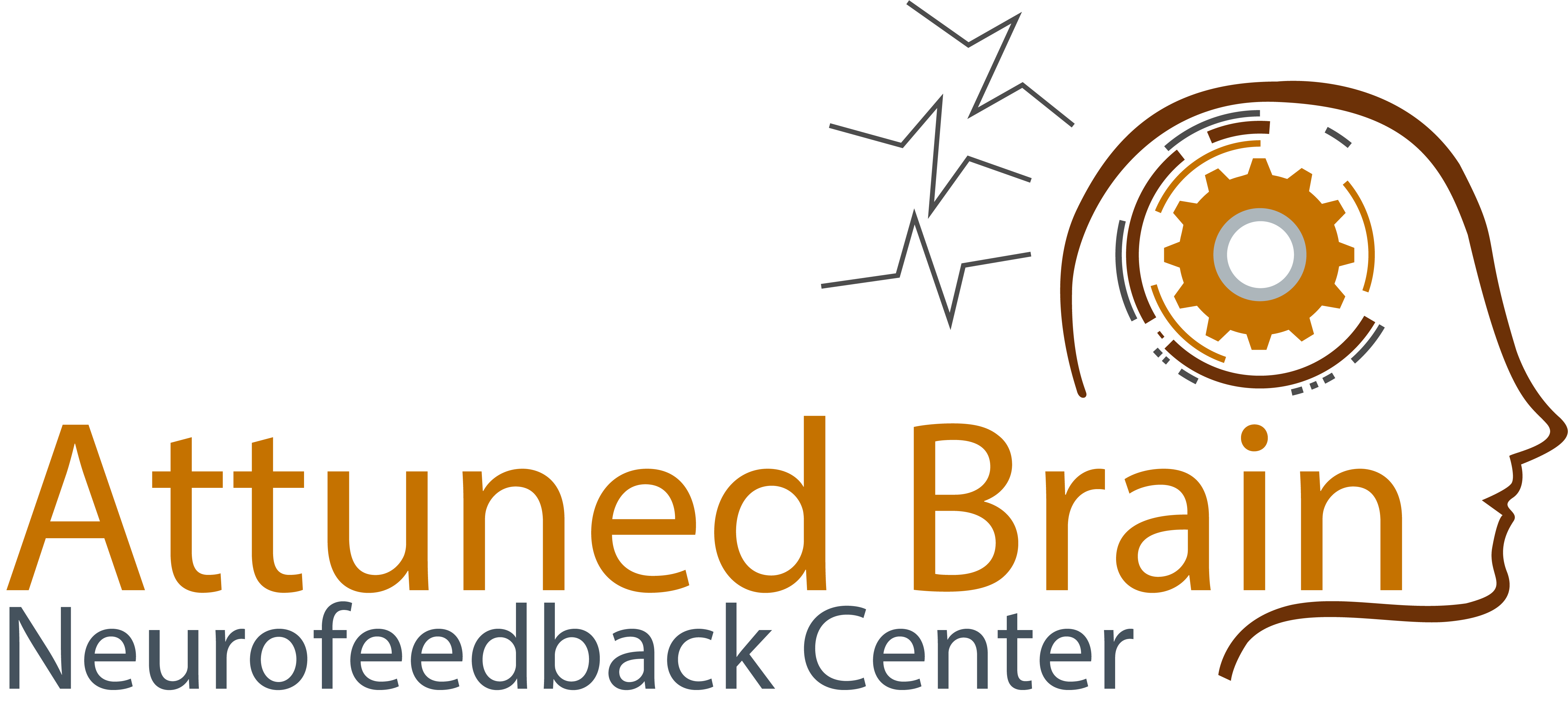Millions of people suffer from poor sleep, insomnia, or difficulty staying asleep. Often, these problems are tied to irregular brainwave activity. Neurofeedback therapy offers a non-drug alternative that helps the brain rebalance its rhythms and promote deep, restorative sleep.
The Journal of Neurotherapy reports that neurofeedback can significantly reduce sleep latency (the time it takes to fall asleep), increase time in deep sleep, and enhance sleep continuity. This is achieved by training the brain to exit hyperaroused states and enter the calm, slow-wave activity needed for restful sleep.
Clients often describe improvements such as falling asleep more quickly, staying asleep through the night, and waking up refreshed. Neurofeedback can be particularly effective for individuals with PTSD, anxiety, or ADHD, whose brainwave patterns often interfere with sleep.
Sessions are simple: while relaxing in a chair, you receive visual or auditory feedback in real-time based on your brainwave activity. Over several weeks, your brain learns how to maintain patterns conducive to sleep.
Image Suggestion: Peaceful person sleeping with neurofeedback headset on bedside table.
Call to Action: Struggling with sleep? Book a session today and discover how neurofeedback can help you rest better.
Blog Post 4: Neurofeedback and ADHD: Supporting Brain Regulation Naturally
Meta Description: Learn how neurofeedback helps manage ADHD symptoms by improving attention, emotional regulation, and impulse control.
Blog Content: Neurofeedback is gaining traction as a non-invasive and drug-free approach to managing symptoms of ADHD. This brain training technique teaches individuals how to regulate their own brainwave activity, which can help reduce impulsivity, enhance focus, and improve emotional regulation. For children and adults living with ADHD, neurofeedback offers a way to take an active role in their treatment.
The American Academy of Pediatrics has ranked neurofeedback as a Level 1 “Best Support” for ADHD—the highest possible rating for clinical interventions. Multiple studies show that individuals undergoing neurofeedback training demonstrate significant improvements in attention span, task completion, and overall behavioral control. One study published in the Journal of Attention Disorders found that neurofeedback participants experienced improvements equivalent to those seen with stimulant medication.
What makes neurofeedback particularly valuable is its lasting impact. While medications only work while active in the body, neurofeedback helps retrain brain patterns, offering improvements that often persist after the sessions are complete. This empowers individuals to gain long-term control over their attention and emotional states.
Sessions are typically conducted in a calming environment, where the individual receives real-time feedback through visual or auditory cues. These cues help them adjust their brainwave activity in a healthy direction. Over time, this repeated training leads to greater stability and focus.

Looking for natural ADHD support? Schedule a consultation to learn how neurofeedback can help your child thrive.



